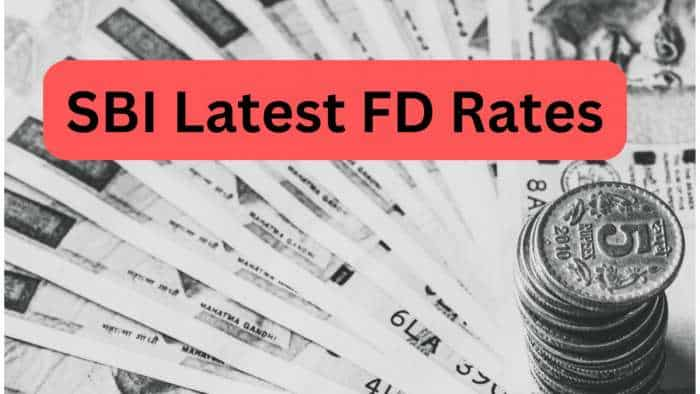Host of changes in GST law to come into effect from January 1 - here are the top ones
Correction in inverted duty structure in footwear and textile sectors would come into effect from Saturday wherein all footwear, irrespective of prices, will attract GST at 12 per cent while all textile products, except cotton, including readymade garments will have 12 per cent GST

The GST regime will see a host of tax rate and procedural changes coming into effect from January 1, including liability on e-commerce operators to pay tax on services provided through them by way of passenger transport or restaurant services.
Also, the correction in inverted duty structure in footwear and textile sectors would come into effect from Saturday wherein all footwear, irrespective of prices, will attract GST at 12 per cent while all textile products, except cotton, including readymade garments will have 12 per cent GST.
See Zee Business Live TV Streaming Below:
While the passenger transport services provided by auto rickshaw drivers through offline/ manual mode would continue to be exempt, such services when provided through any e-commerce platform would become taxable effective January 1, 2022, at 5 per cent rate.
The procedural changes that would come into effect include e-commerce operators, such as Swiggy and Zomato, being made liable to collect and deposit GST with the government on restaurant services supplied through them from January 1. They would also be required to issue invoices in respect of such services.
There would be no extra tax burden on the end consumer as currently restaurants are collecting and depositing GST. Only, the compliance of deposit and invoice raising has now been shifted to food delivery platforms.
The move comes after government estimates showed that tax loss to exchequer due to alleged underreporting by food delivery aggregators is Rs 2,000 over the past two years.
Making these platforms liable for GST deposit would curb tax evasion.
The other anti-evasion measures which would come into effect from the new year include mandatory Aadhaar authentication for claiming GST refund, blocking of the facility of GSTR-1 filing in cases where the business has not paid taxes and filed GSTR-3B in the immediate previous month.
Currently, the law restricts filing of return for outward supplies or GSTR-1 in case a business fails to file GSTR-3B of preceding two months.
While businesses file GSTR-1 of a particular month by the 11th day of the subsequent month, GSTR-3B, through which businesses pay taxes, is filed in a staggered manner between 20th-24th day of the succeeding month.
Also the GST law has been amended to allow GST officers to visit premises to recover tax dues without any prior show-cause notice, in cases where taxes paid in GSTR-3B is lower based on suppressed sales volume, as compared to supply details given in GSTR-1.
The move would help curb the menace of fake billing whereby sellers would show higher sales in GSTR-1 to enable purchasers to claim input tax credit (ITC), but report suppressed sales in GSTR-3B to lower GST liability.
Get Latest Business News, Stock Market Updates and Videos; Check your tax outgo through Income Tax Calculator and save money through our Personal Finance coverage. Check Business Breaking News Live on Zee Business Twitter and Facebook. Subscribe on YouTube.
RECOMMENDED STORIES

Power of Rs 15,000 SIP: How long it will take to achieve Rs 7 crore corpus? See calculations to know

PPF vs SIP: Rs 12,000 monthly investment for 30 years; see which can create higher retirement corpus

SBI Latest FD Rates: PSU bank pays these returns to senior citizens and other depositors on 1-year, 3-year and 5-year fixed deposits

Largecap, Midcap Stocks To Buy: Analysts recommend buying L&T, Tata Motors, 3 other stocks for 2 weeks; check targets
02:20 PM IST









 GST collections in December increase 7.1% to Rs 1.76 lakh crore
GST collections in December increase 7.1% to Rs 1.76 lakh crore States not in favour of bringing ATF under GST, says finance minister
States not in favour of bringing ATF under GST, says finance minister GST collection grows 9% to Rs 1.87 lakh crore in October
GST collection grows 9% to Rs 1.87 lakh crore in October GSTN to launch invoice management system from October 1
GSTN to launch invoice management system from October 1 Government rolling out pan-India biometric authentication to prevent GST fraud
Government rolling out pan-India biometric authentication to prevent GST fraud